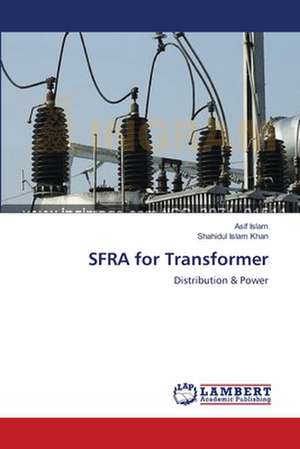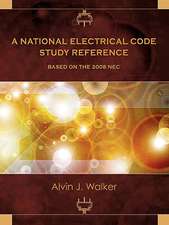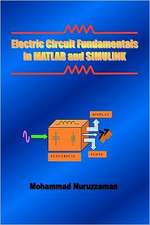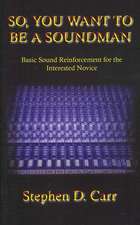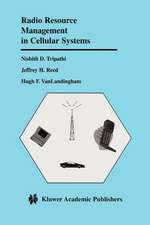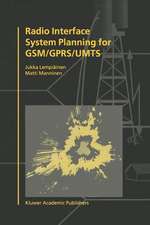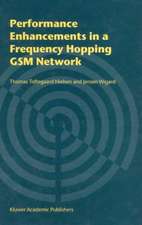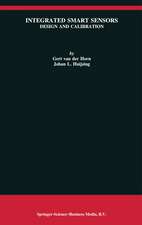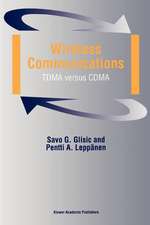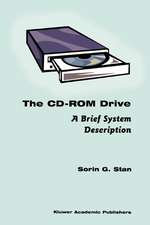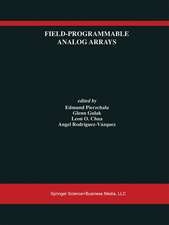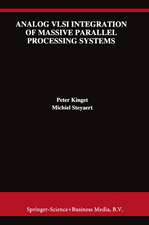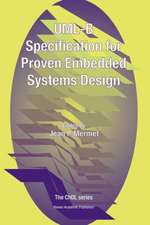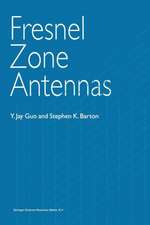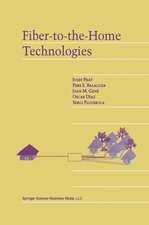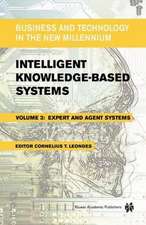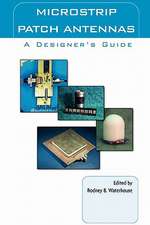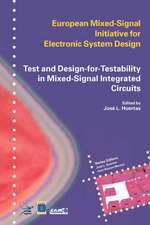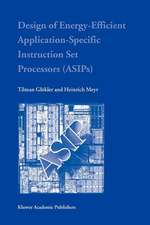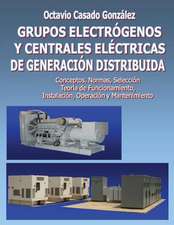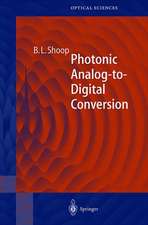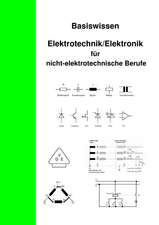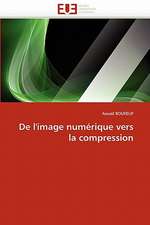SFRA for Transformer
Autor Islam Asif, Khan Shahidul Islamen Limba Engleză Paperback – 9 mar 2013
Preț: 324.78 lei
Nou
Puncte Express: 487
Preț estimativ în valută:
62.15€ • 67.49$ • 52.21£
62.15€ • 67.49$ • 52.21£
Carte tipărită la comandă
Livrare economică 22 aprilie-06 mai
Preluare comenzi: 021 569.72.76
Specificații
ISBN-13: 9783659364846
ISBN-10: 3659364843
Pagini: 108
Dimensiuni: 152 x 229 x 7 mm
Greutate: 0.17 kg
Editura: LAP Lambert Academic Publishing AG & Co. KG
Colecția LAP Lambert Academic Publishing
ISBN-10: 3659364843
Pagini: 108
Dimensiuni: 152 x 229 x 7 mm
Greutate: 0.17 kg
Editura: LAP Lambert Academic Publishing AG & Co. KG
Colecția LAP Lambert Academic Publishing
Notă biografică
Engr. Asif Islam is currently working as an Assistant Manager of Design department under Planning & Development Division of Power Grid Company of Bangladesh (PGCB) Ltd. He has completed his B.Sc. and M.Sc. in Electrical & Electronic Engineering from Bangladesh University of Engineering & Technology (BUET) in 2009 and 2012 respectively.
